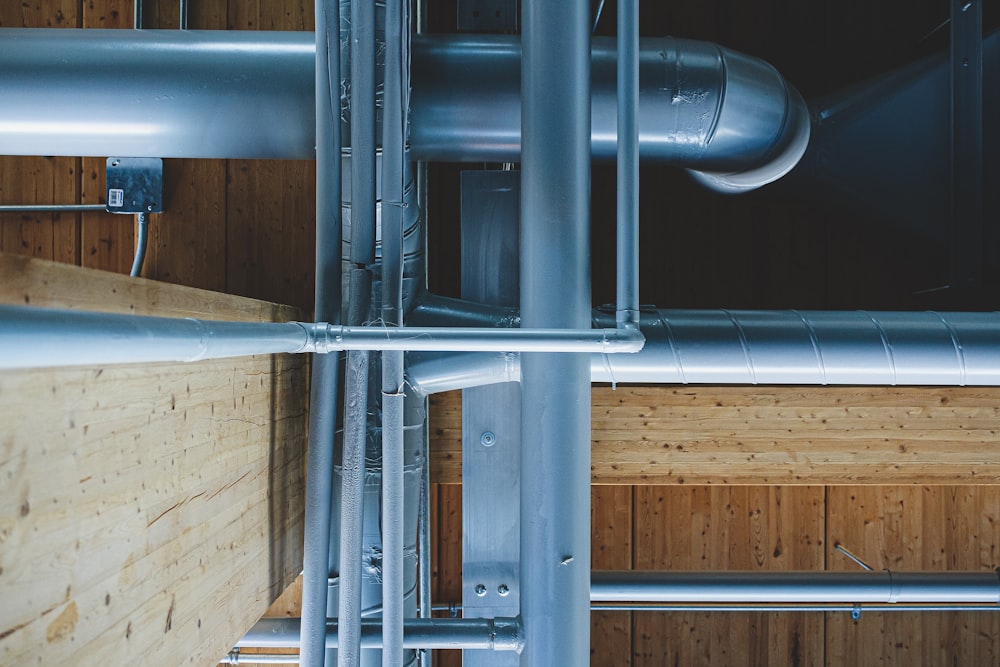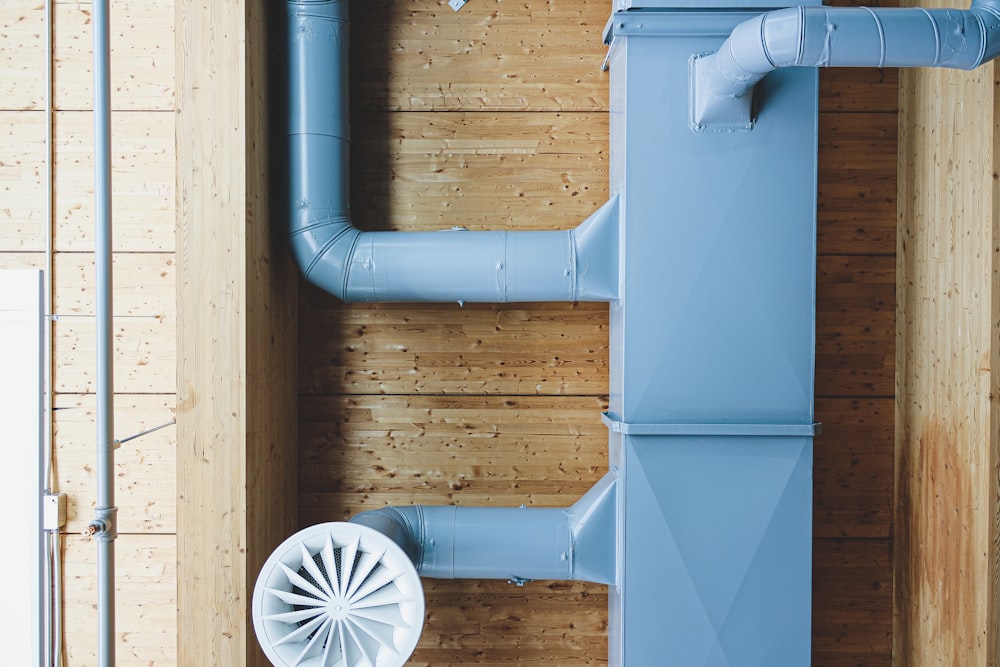The most frequent kind of household heating is hot water heating. Water heating, unlike stove heating, allows you to transfer the boiler outside the heated area or residence, substantially simplifying the heating procedure. This post will focus on this particular sort of heating. What is a modern hot water heating system, and why is it so beneficial? Let’s see if we can figure things out.
The Operation Of A Water Heater Is Based On The Following Principles
The operating premise is straightforward. The coolant is heated by the boiler and then circulated through pipes, passing through radiators and other devices to warm the rooms. The procedure is continuous; the coolant flows throughout the system, maintaining the room’s temperature. Water and antifreeze are both used as coolants. In this article, we discuss the benefits of these coolants as well as which one is best for you.
What Is A Hot Water Heating System Made Up Of?
A water heating system typically consists of a heat source (most commonly a heating boiler), pipe, radiators, a circulation pump, and, in certain cases, external temperature sensors, thermostats, and controllers.
Everything works as follows: water is heated to the required temperature by passing via a heat exchanger in a boiler or other heat source, and then sent through pipelines to the heated area. It radiates heat into the surrounding space via pipes and radiators, cools, and then returns to the heating device.
The coolant is forced to circulate or circulates naturally (using a circulation pump). As a result, either natural (gravitational) or forced circulation heating systems can be used.
Temperature sensors or thermostats are also commonly used in heated rooms. They let you control heating equipment based on the current room temperature, lowering heating expenditures dramatically.
Steam heating is found almost anywhere: at home, at a party, at work, in a cafe, and so on. And as a result of this, we shall discuss it further down.
The Benefits Of A Water Heating System Are Numerous
The efficiency of a steam heating system is its primary benefit. After all, water is a near-ideal heat conductor. It is widely available and reasonably priced. It is distinguished by good indicators of heat capacity and thermal conductivity at the same time. This can absorb 4000 times the amount of heat that air can. A CO like this is a vicious circle in which the volume of water basically stays the same after installation and start-up.
Radiators For Water Heating
Radiator heating or an underfloor heating system (and, more frequently than not, a mix of radiators and water underfloor heating) is used.
Furthermore, modern water heating systems are fitted with a heat accumulator, which improves their efficiency by eliminating heat loss and increasing the convenience of using any heating device. More information can be found in the following article: “Capacity of buffer Advantages of Using “.
You can utilize any form of water boiler (electric, gas, or solid fuel boilers) as a source of heat, while water heating from a heat pump or solar collectors has lately become popular.
The second benefit is that it is long-lasting. With the annual repair of the heating boiler, such a CO can last up to 50 years if high-quality of chosen components (the radiators and pipes are more durable).
Another advantage of water heating is that you may control the temperature separately. And each radiator is practically on its own. This allows for the creation of perfect comfortable temperature conditions in each room. And you won’t have to switch on the ventilation or ventilate the room regularly to achieve this. That is, the money spent on fuel will not, in the strictest sense of the term, be wasted.
We are making it easy and quick for consumers to get the help they need is one of our top priorities. Contact us if you would like additional information!



